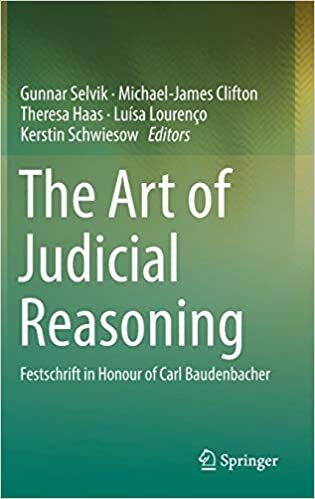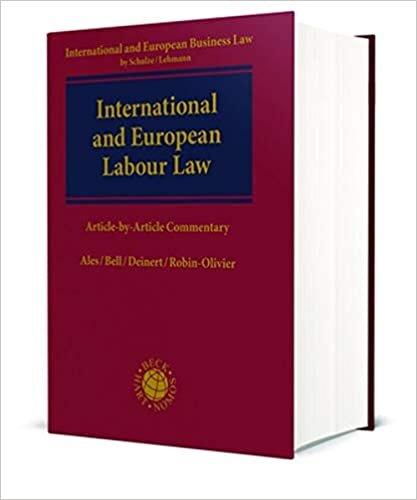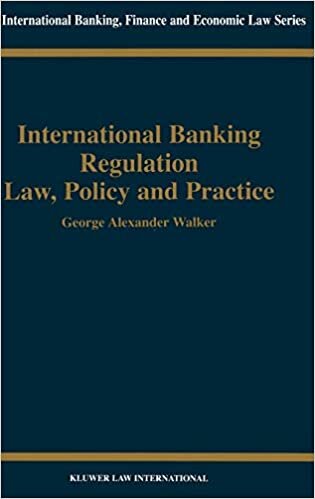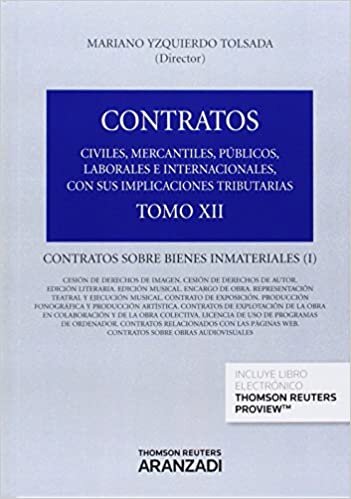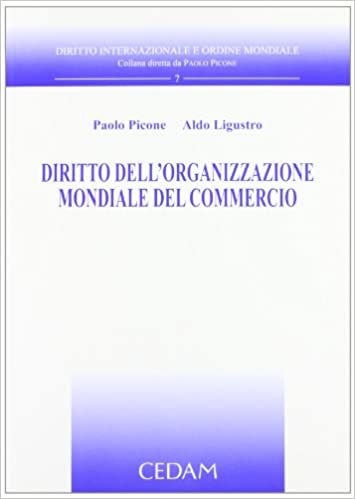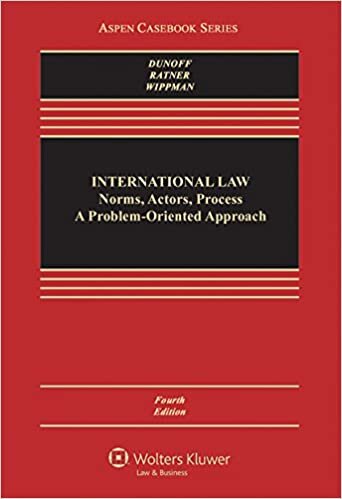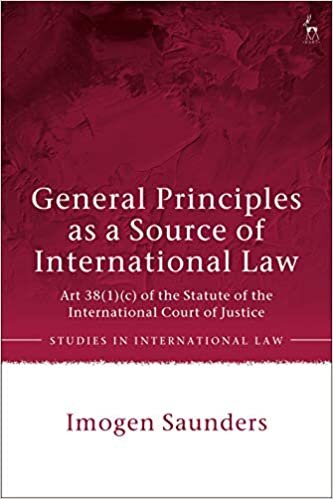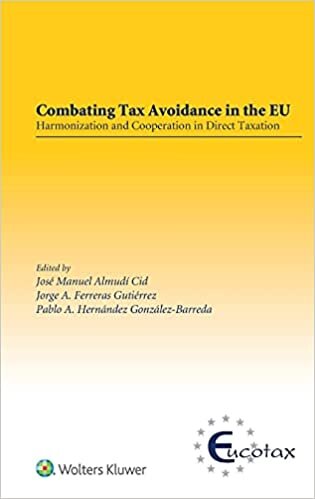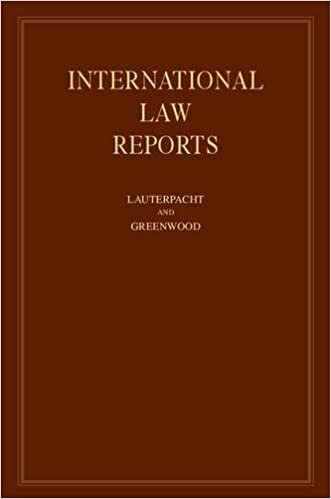The Concept of Sovereign Equality of States in International Law indir kitap bedava
itibaren Alex Ansong
The Concept of Sovereign Equality of States in International Law
The notion that the existence of a State must not be based on, inter alia, the military or economic power it wields to assure its existence and prevent interference from other states, has evolved over the centuries and has become a foundational provision in the United Nations Charter. States are deemed equal just by their status as states under international law. Sovereign equality is therefore juridical in nature in that, all states are equal under international law in spite of asymmetries of inequality in areas like military power, geographical and population size, levels of industrialisation and economic development. Transposing this principle into actual practice, especially in decision-making systems in international organisations presents problems. If all states are equal, should it also mean equality of influence in law creation in international organisations? With treaties being one of the main sources of international law, if states do not have equal influence in treaty based international organisations this would mean that the will of the mighty would prevail over the weak. Juridical equality is therefore empty if cannot translate into effective equality, at least at the level of law creation in international organisations. This book presents an analysis of the concept of sovereign equality of states. It covers a historical overview of the concept and its current manifestation in international law. A key analysis undertaken in this book is the importance of the concept of sovereign equality in decision-making systems in international organisations.
The Concept of Sovereign Equality of States in International Law:30 Kasım 2012
Popüler yazarlar
Various (357) Kolektif (324) Arkose Press (305) Routledge; 1 basım (292) Routledge (239) Intl Business Pubn (184) Cambridge University Press (176) Lem N Lov Publishing (173) ohne Autor (173) DK (119) Anonymous (110) etc. (104) Inigo Creations (98) Casey Cockerum (97) Pearson Education Limited (85) Academic Press (84) Oxford University Press (84) Springer (83) Simple Planners 2020 (82) Springer; 1. baskı (81)En İyi Yayıncılar
Independently Published CreateSpace Independent Publishing Platform Kessinger Publishing Routledge; 1 basım CAMBRIDGE UNIVERSITY PRESS Literary Licensing, LLC Routledge Forgotten Books Gale and The British Library Oxford University Press Outlook Verlag Arkose Press OUP Oxford Franklin Classics Trade Press CreateSpace Independent Publishing Platform; 1 basım lulu.com MACMILLAN EDUCATION Unknown iUniverse AuthorHouse
